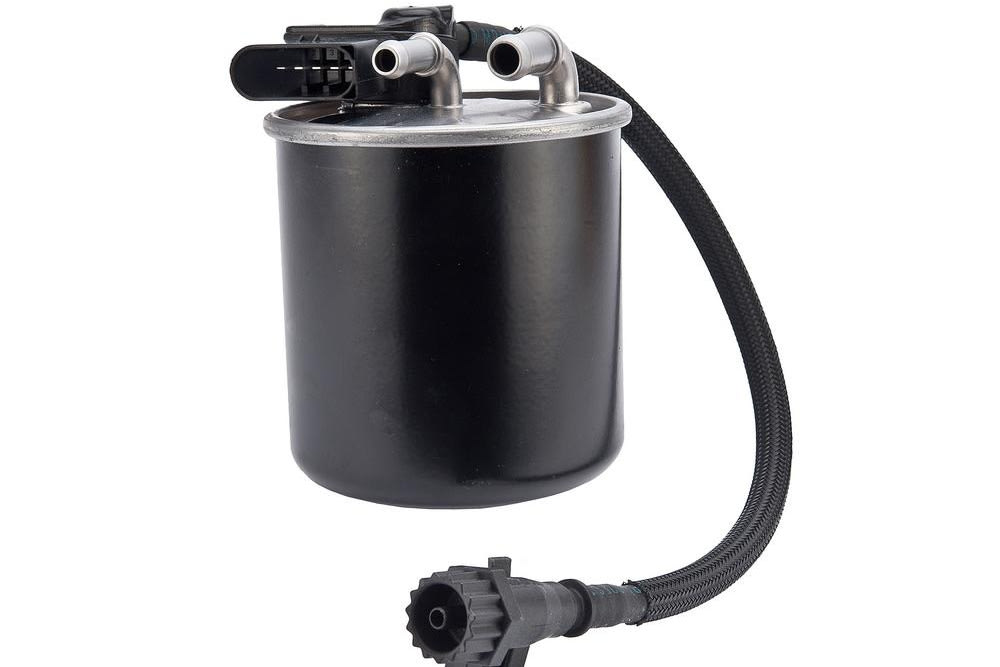

The fuel filter in your vehicle helps deliver clean gasoline to your vehicle's engine while also protecting the fuel injectors. Over time, though, a fuel filter can become clogged, letting less and less fuel through to the engine until it eventually stops working altogether.
The only way that a car will be able to crank and run properly is by having the right amount of gas. Making sure that each of the components of the fuel system are working properly should be one of the top concerns that a car owner has. Among the most important and commonly overlooked parts of the fuel system is the fuel filter. This filter helps to filter out both the moisture and the trash that may get into the vehicle’s fuel system. The fuel filter on your vehicle is used every time you crank and drive the automobile.
When should you have the fuel filter replaced?
The rule of thumb when replacing a fuel filter on an older model car is at least every 2 years or 30,000 miles. On newer models, this interval can run longer. The best way to tell if your fuel filter needs replacing is to have the mechanic do a fuel pressure test. This lets the mechanic know how much PSI the fuel pump is generating at the fuel rail, with a faulty fuel filter reducing the pressure produced. The normal amount of pressure for a fuel-injected vehicle runs around 30 to 60 PSI.
Failing to get this filter replaced when it needs it will lead to a large degree of instability for your vehicle. Just like any other filter on a vehicle, eventually the fuel filter will become clogged and unable to do the job it was intended for. The location of the fuel filter depends on the type of vehicle. Some vehicles have fuel filters that are mount in the fuel line, while some have them in the fuel tank. Regardless of where your fuel filter is located, keeping an eye out for signs that it needs to be replaced is important in keeping your vehicle reliable.
Driving a car that has a bad fuel filter can lead to you being broke down on the side of the road. Usually, there will be a number of warning signs when the fuel filter has to be replaced. Failing to notice and act when these warning signs surface can lead to a number of different issues.
Symptoms of a faulty fuel filter
After determining that your vehicle has a faulty fuel filter, have a mechanic replace it. You should also check with the mechanic to determine the best fuel filter to use for your vehicle. Some of the symptoms associated with a faulty fuel filter include:
- An engine dying or sputtering while driving, especially when accelerating
- A rough idling engine
- The car does not have the power it did
- The car will not start
- Very poor gas mileage
- The Check Engine Light is on
- The car will not stay cranked
At this point, ask a mechanic to change out your old filter. The ease of this process depends on where the fuel filter is located in your vehicle. On older models, the fuel filter lies between the gas tank and the engine. The easiest way to find it is to follow the fuel supply line. Most often, the filter is attached to the vehicle firewall or underneath the back of the vehicle, close to the fuel tank. Modern vehicles usually have the fuel filter inside the fuel tank and are harder to replace.
A bad fuel filter can be very bad for your engine and may render your vehicle unusable. A professional mechanic will be able to replace your fuel filter without a problem.



